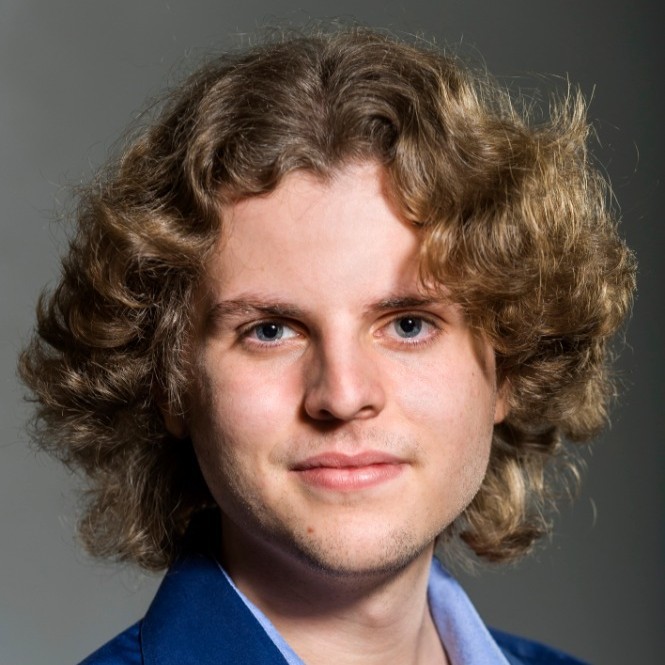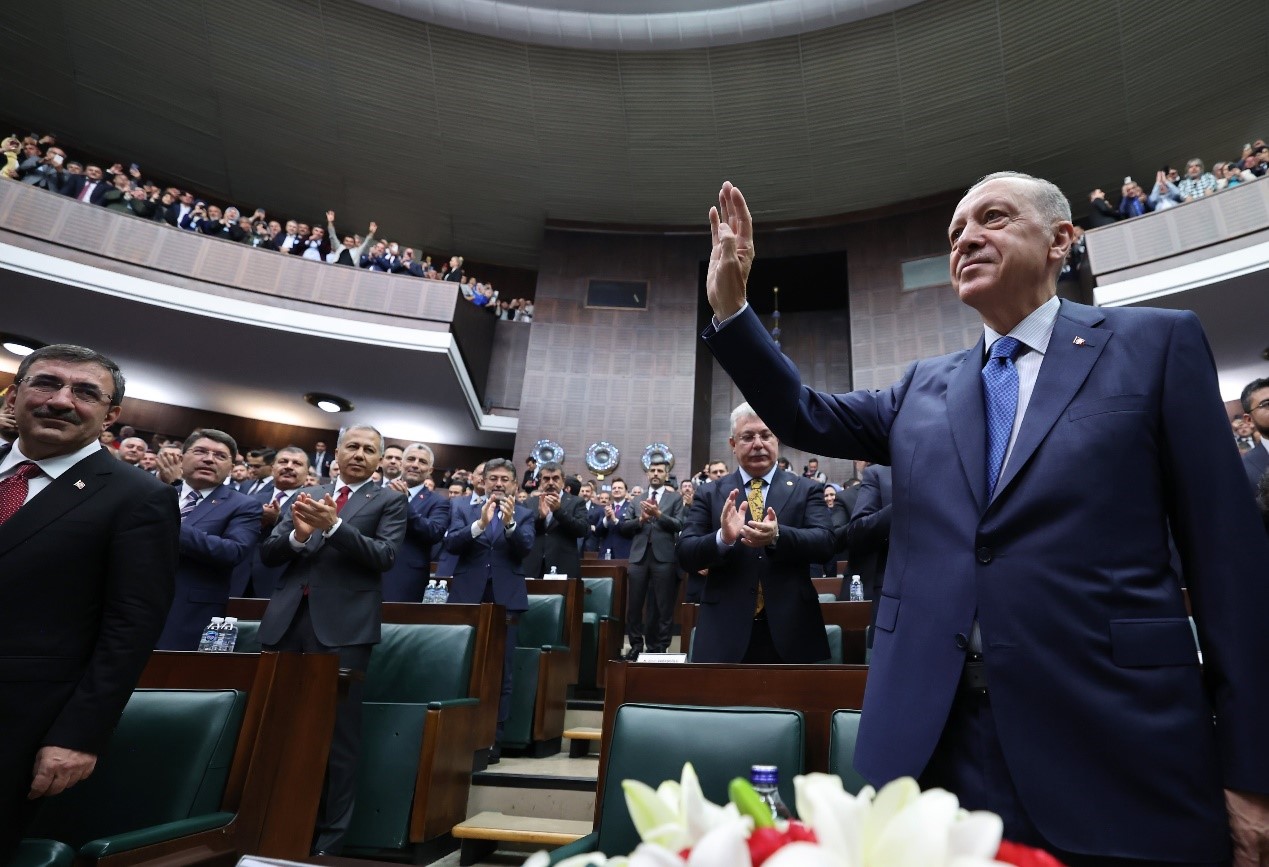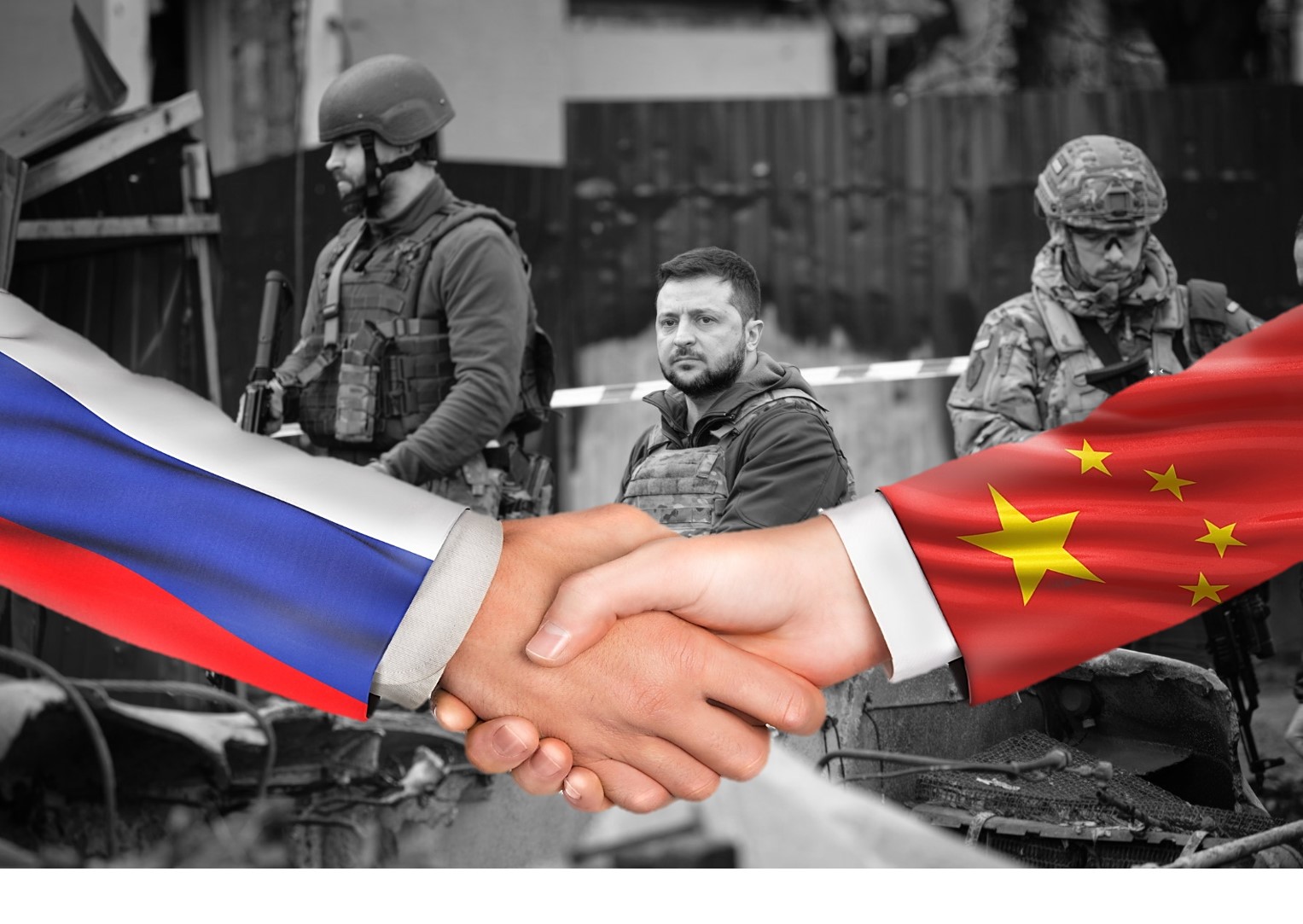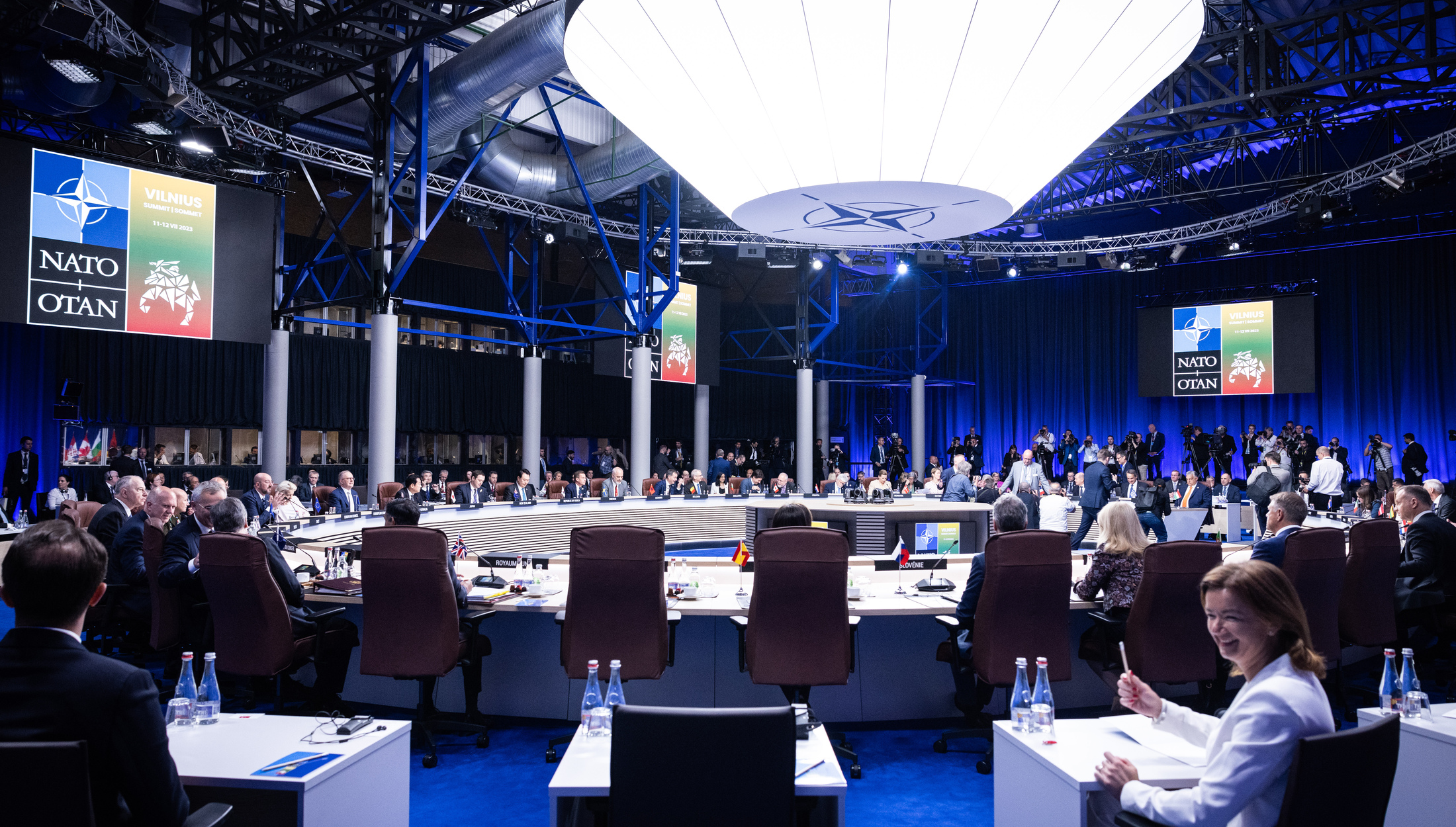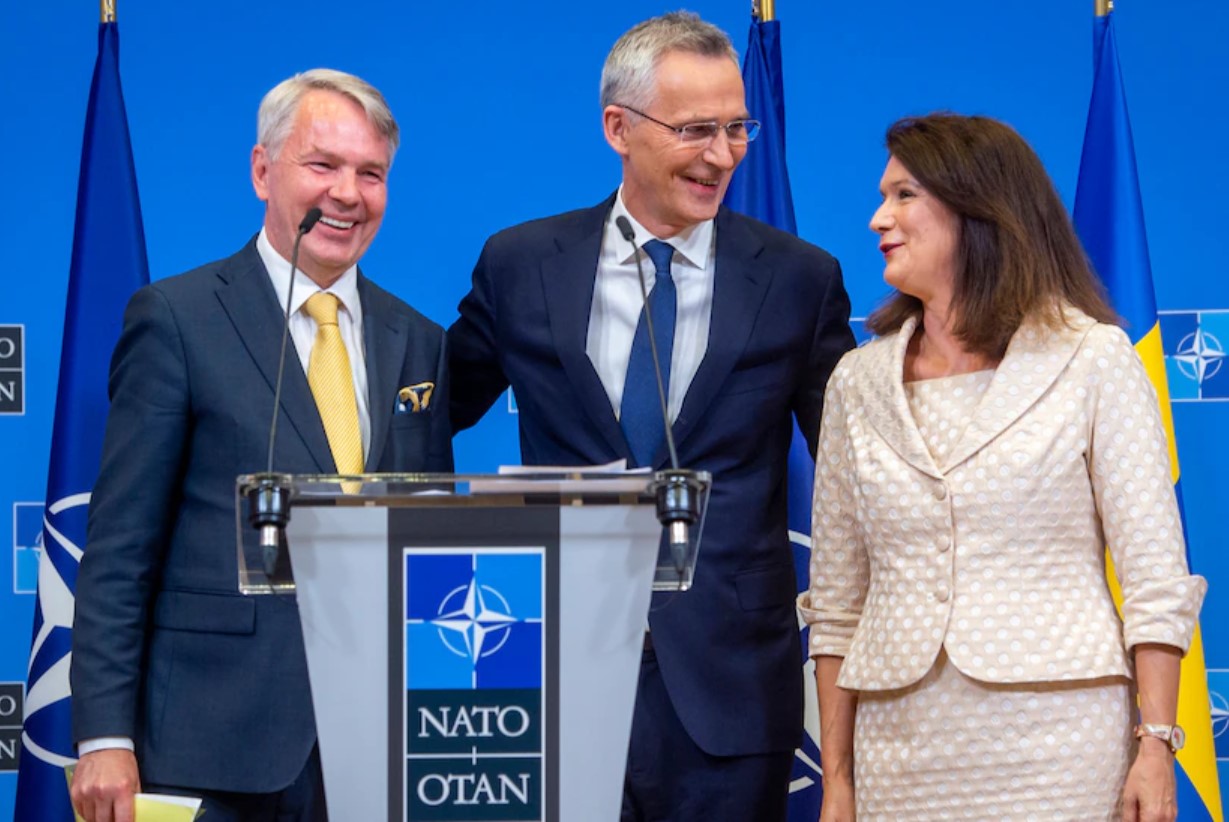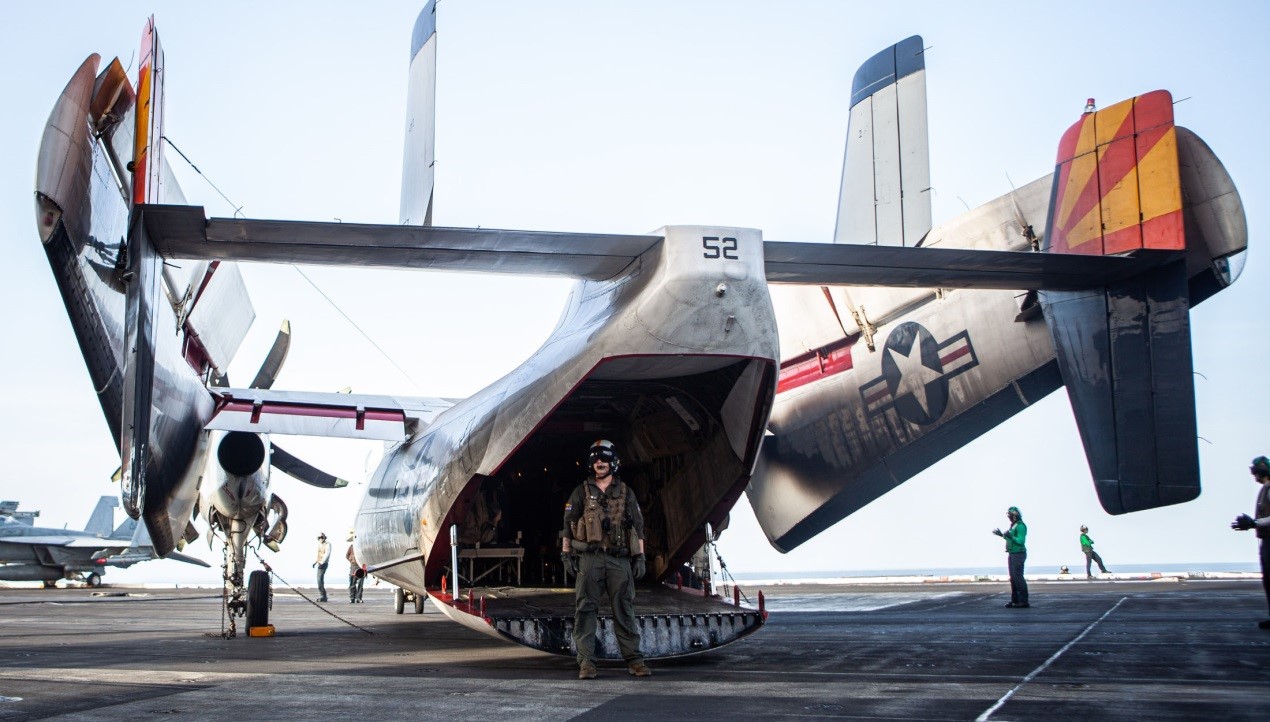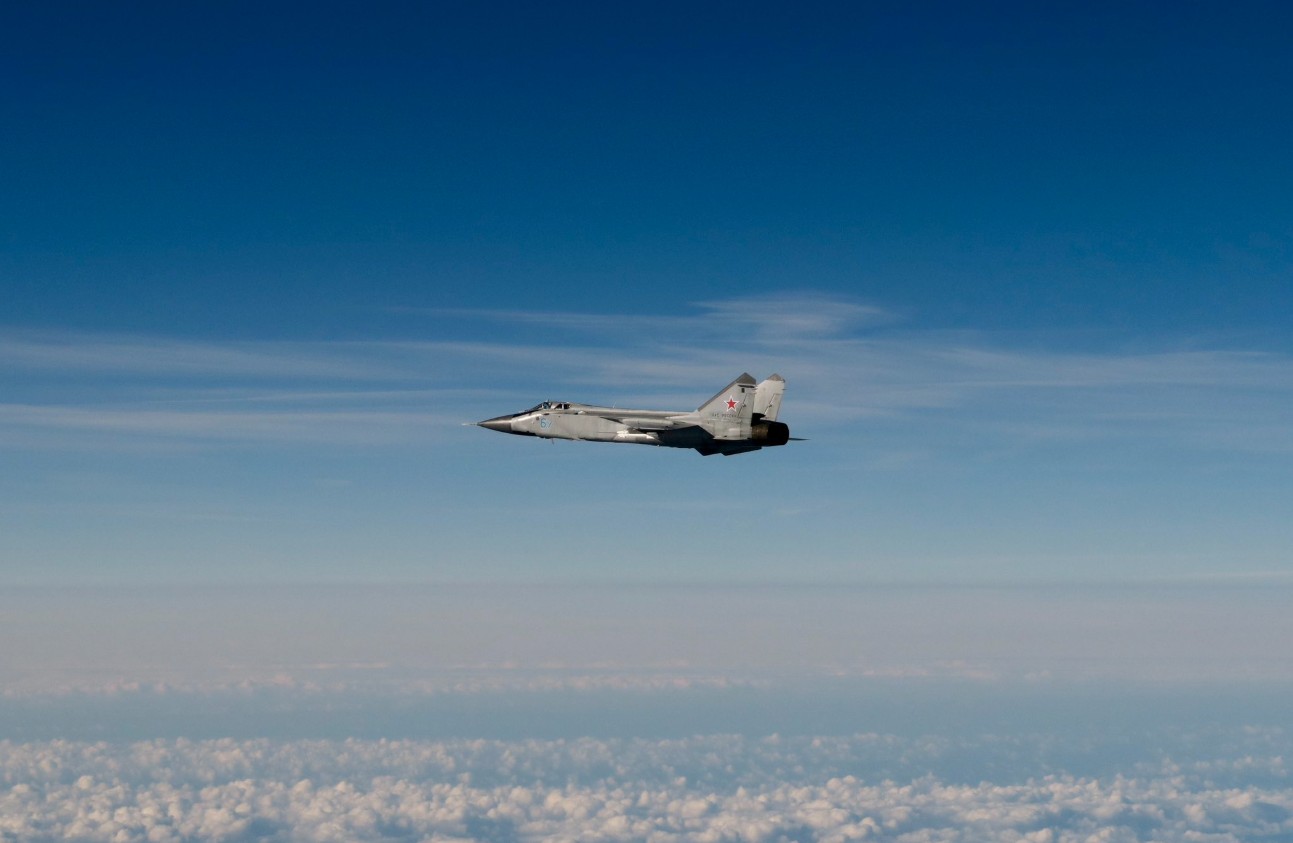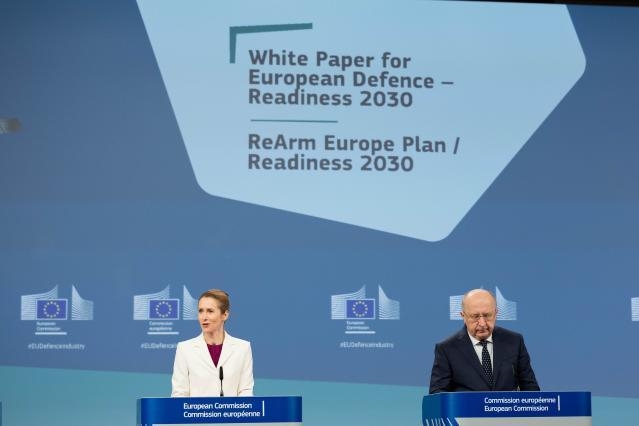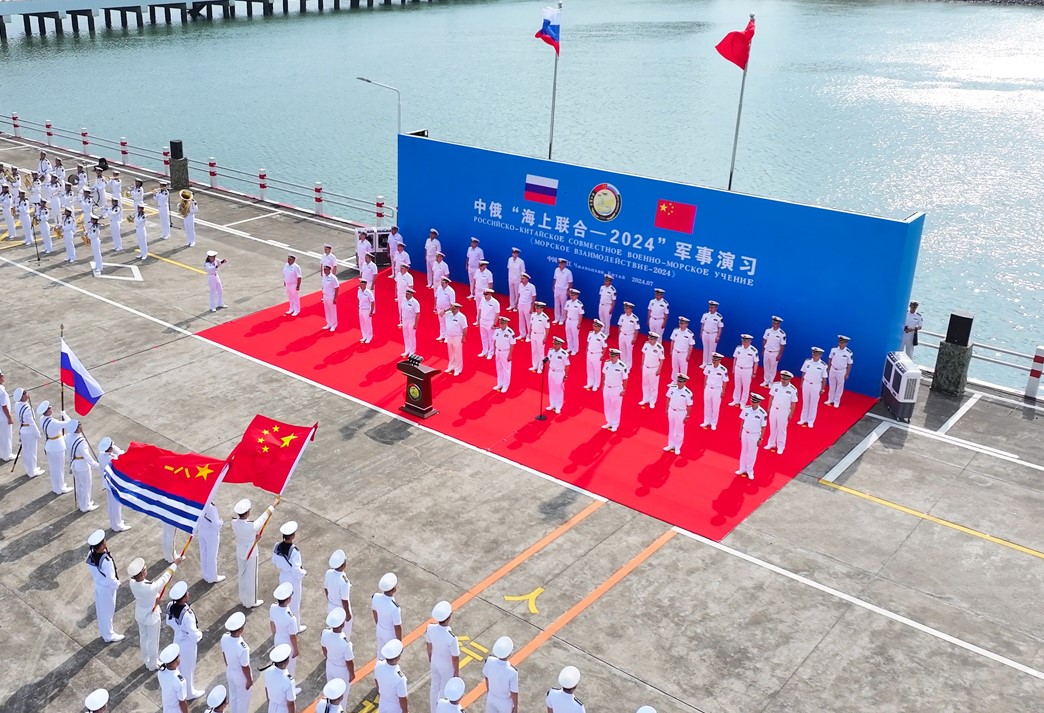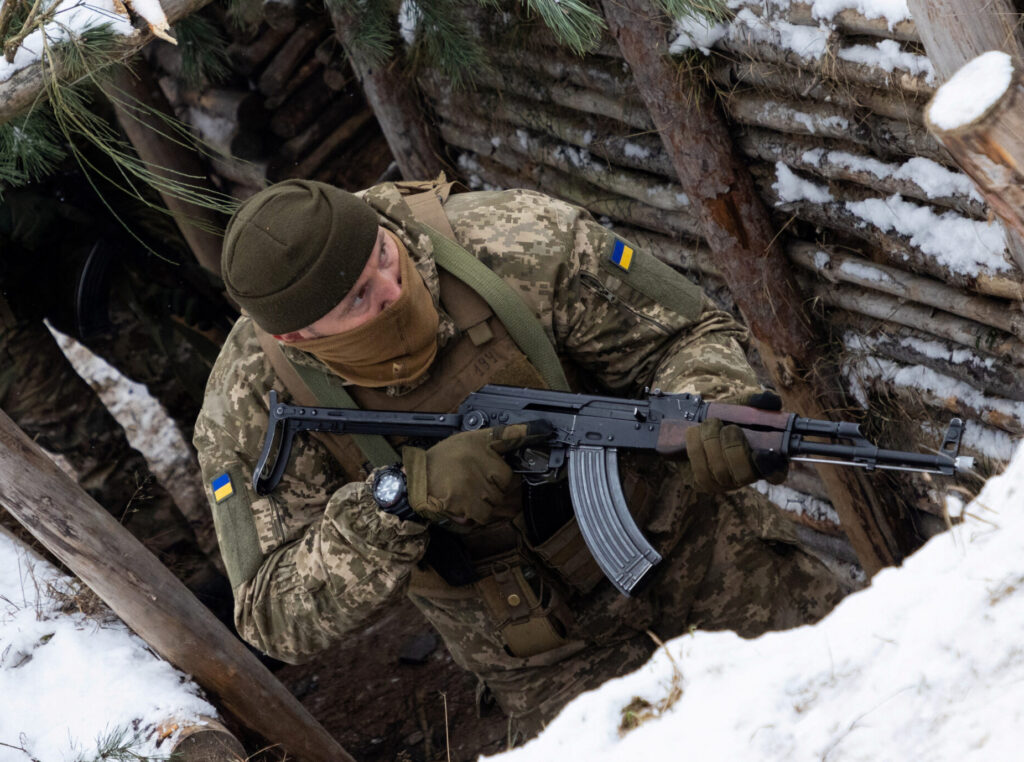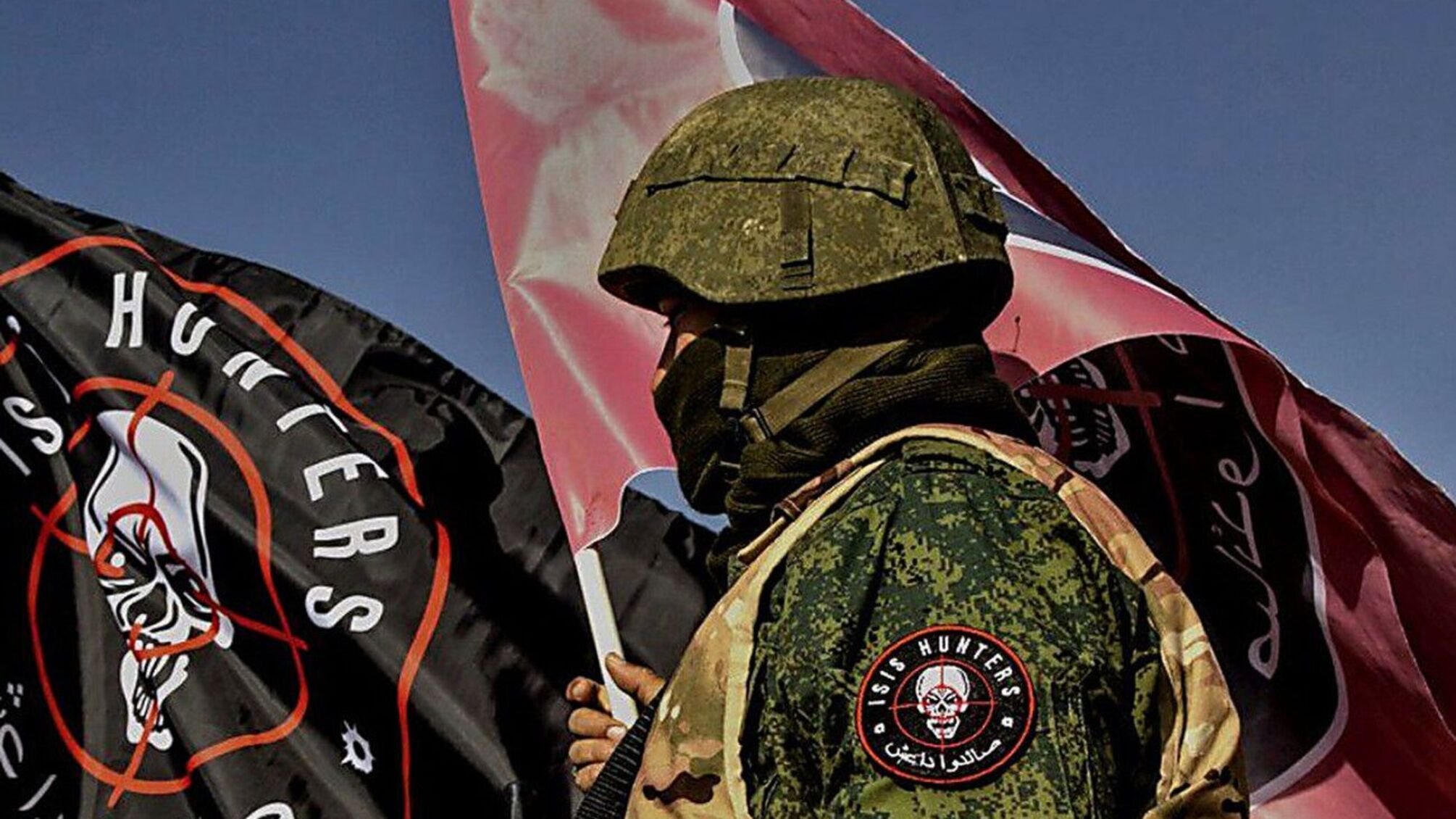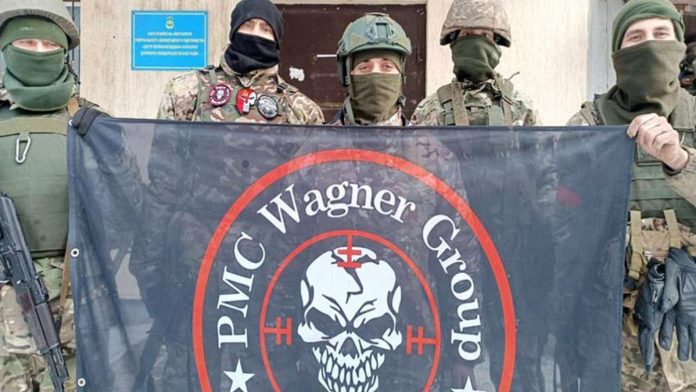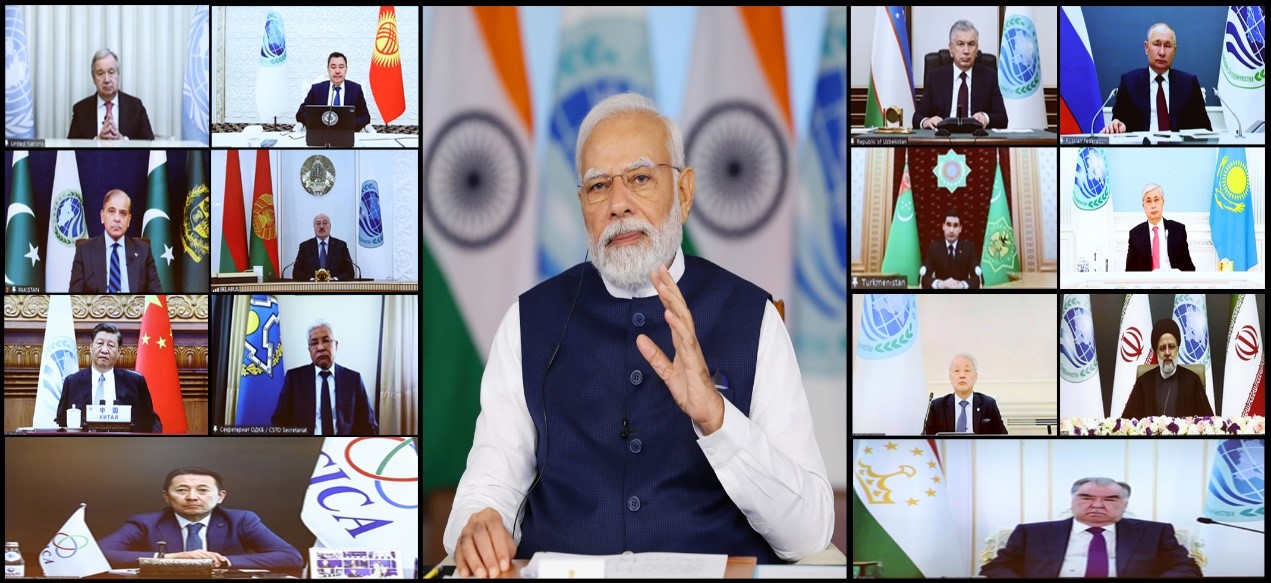Recep Tayyip Erdoğan extend his 20-year long grip on power this May. He served as prime minister from 2003 to 2014 and has been president ever since, changing the parliamentary system to a presidential one and inviting much criticism for Turkey’s democratic backsliding. Erdoğan’s victory will have far-reaching consequences for Turkey, which faces a number of potentially destabilizing challenges.
Picture source: Recep Tayyip Erdoğan, June 21, 2023, Twitter, https://twitter.com/RTErdogan/status/1671471154576478211/photo/3.
The Foreign Relations Implications of Erdoğan’s Electoral Victory
Prospects & Perspectives No. 36
By Ladislav Charouz
The world is still grappling with the implications of Turkey’s presidential elections this May, which have seen Recep Tayyip Erdoğan extend his 20-year long grip on power. Erdoğan served as prime minister from 2003 to 2014 and has been president ever since, changing the parliamentary system to a presidential one and inviting much criticism for Turkey’s democratic backsliding.
Erdoğan’s victory will have far-reaching consequences for Turkey, which faces a number of potentially destabilizing challenges. The most pressing concern is the economy. The president’s heterodox policy of tackling soaring inflation with low interest rates and credit expansion has only exacerbated the problem and depleted foreign reserves. While the naming of Mehmet Şimşek as finance minister signals a potential return to mainstream economic thinking, Turkey-watchers fear that this change will be short-lived if it hurts the AKP’s polling ahead of local elections in 2024.
Furthermore, as Turkey’s political regime becomes more personalized, the question of succession looms large. Neither of Erdoğan’s sons is considered to have much political acumen and his daughters are out of the question. Erdoğan’s son-in-law Selçuk Bayraktar, chief technology officer of the technology company Bayraktar, is sometimes cited as a candidate, but he has no political experience. Conversely, Erdoğan’s older son-in-law, Berat Albayrak, served as Turkey’s finance minister, but his political career ended in embarrassment. With no heir apparent in sight, Turkey’s relatively consistent course under Erdoğan may be threatened in the medium term.
Questions over foreign policy
As regards Turkish foreign policy, the field most directly affected by Erdoğan’s re-election are Turkey-EU relations. The president’s opponent, Kemal Kılıçdaroğlu, promised to set Turkey back on the track of EU accession and to comply with the rulings of the European Court of Human Rights. In contrast, Erdoğan has lambasted the EU throughout his career and has used the refugee crisis to extract concessions from the bloc. In 2016, he signed a statement of cooperation with the EU, promising to stop refugees from entering the EU via Turkey in exchange for humanitarian assistance and visa liberalization for Turkish nationals.
Nevertheless, the EU is not entirely without leverage in this relationship. In 2020, Erdoğan bussed thousands of refugees to the Greek border demanding more EU support and the cessation of EU criticism of his military intervention in Syria. However, a forceful response from the Greek police brought immigration to a complete halt and the onset of the COVID-19 pandemic prevented further conflict. There is also an asymmetry in Turkey’s relationship with the EU: it is the EU’s sixth largest trading partner, whereas the EU occupies first place on Turkey’s list. This disparity is exacerbated by Turkey’s relative poverty in natural resources and dependence on international trade.
Some observers have noted that for certain voices within the EU, a Kılıçdaroğlu victory would have been an unwelcome outcome. EU representatives have explained the effective suspension of Turkey’s accession talks as having been caused by Turkey’s drift away from European values. However, there is widespread unease within the bloc about trying to integrate a large Muslim-majority country with a volatile neighbourhood and its own geopolitical agenda. With Erdoğan at the helm, the EU can continue to keep Turkey at arm’s length and work on maintaining coolly civil relations with Ankara.
As for EU member states themselves, Erdoğan’s stay in power presents somewhat of a mixed bag. In the run-up to the elections, Erdoğan escalated his rhetoric against Greece, causing concern over the possibility of conflict between the two countries. Amidst last year’s claims of Greece fortifying the Aegean Islands, the Turkish leader warned that Turkish missiles can reach Athens. While such rhetoric has since died down, Erdoğan has gone on to stir the pot regarding Cyprus. Last autumn, he said Turkey would reinforce its military presence on the island, and he has since advocated for a two-states solution and international recognition of Northern Cyprus.
Implications for NATO
The presidential elections also hold special significance for NATO. Kılıçdaroğlu’s team signaled that if their favoured candidate won, Turkey would drop its opposition to Sweden joining the bloc. With Erdoğan in power, however, Sweden’s NATO prospects remain hazy. While the president has not definitively ruled out Sweden’s accession, the country’s new anti-terror law has failed to placate him. Stockholm, Erdoğan believes, has not been doing enough to crack down on the Kurdistan Workers Party, which Turkey, the U.S., and the EU consider to be a terrorist organisation.
Turkey also remains at odds with much of its NATO partners on a range of geopolitical issues. Erdoğan maintains a cordial relationship with Russian President Vladimir Putin, and Turkey’s Western partners frequently complain of the country allowing Russian businesses to circumvent EU sanctions. Erdoğan is certainly not Putin’s ally, since Turkey does not want to see Russia dominate the Black Sea, and the country continues to sell military equipment to Ukraine despite Russian displeasure. However, as Ukraine’s dogged resistance has stopped Putin from conquering much of the coast, Erdoğan can continue to refrain from taking sides in the conflict.
Many of Turkey’s foreign policy priorities, it must be said, would remain the same under a Kılıçdaroğlu presidency. Kılıçdaroğlu accused Russia of meddling in the elections, but his team signaled that in the event of his victory, Turkey would continue to maintain its neutrality within the Russia-Ukraine war. The argument for doing so is that this has allowed Turkey to mediate between the two countries, facilitating the export of grain from Ukraine. Also, Turkey seems to have more to lose than to gain from joining Western sanctions on Russia, which remains an important trading partner.
Another issue on which Turkey and many of its NATO allies do not see eye to eye is Syria. Both Erdoğan and Kılıçdaroğlu announced they would begin to repatriate Syrians despite ongoing conflicts, which has prompted criticism in the West. Furthermore, Erdoğan’s re-election means continued tensions with the US over American support for the Syrian Kurds. Finally, although Kılıçdaroğlu criticised Erdoğan’s intervention in the Syrian War, observers noted that a rapprochement with the Assad regime was likely under either leader. Erdoğan hopes to secure Syrian cooperation in preventing Kurdish autonomy, as well as on the repatriation of Syrian refugees.
China and the Uyghur question
One final dynamic to note is Turkey’s complex relationship with China. Erdoğan has tried to cultivate mutually beneficial economic relations with Beijing, but these have been put under strain by Ankara’s affinity for China’s Uyghurs, a Muslim Turkic minority with a large diaspora in Turkey. In recent years, Erdoğan’s administration has mostly refrained from criticisms of China over its treatment of the Uyghurs, though Erdoğan and his officials have made occasional allusions to the issue. Perhaps as a consequence of these tensions, there has been no official visit from a Chinese head of state to Turkey in over twenty years.
It is unclear whether Turkey-China relations would have been significantly more antagonistic with Kılıçdaroğlu as president. Kılıçdaroğlu endorsed a road and railway corridor to China but said it would be contingent on China ceasing its oppression of the Uyghurs. He has also attacked the government over its silence on the Uyghur issue, but one can reasonably doubt whether he would have maintained the same fiery rhetoric if elected to office. After all, Erdoğan himself had called China’s treatment of the Uyghurs a genocide in 2009, only adopting a softer tone as China’s economic prospects became more lucrative.
(Ladislav Charouz is Research Assistant, European Studies Centre at Saint Antony’s College, University of Oxford, United Kingdom.)

